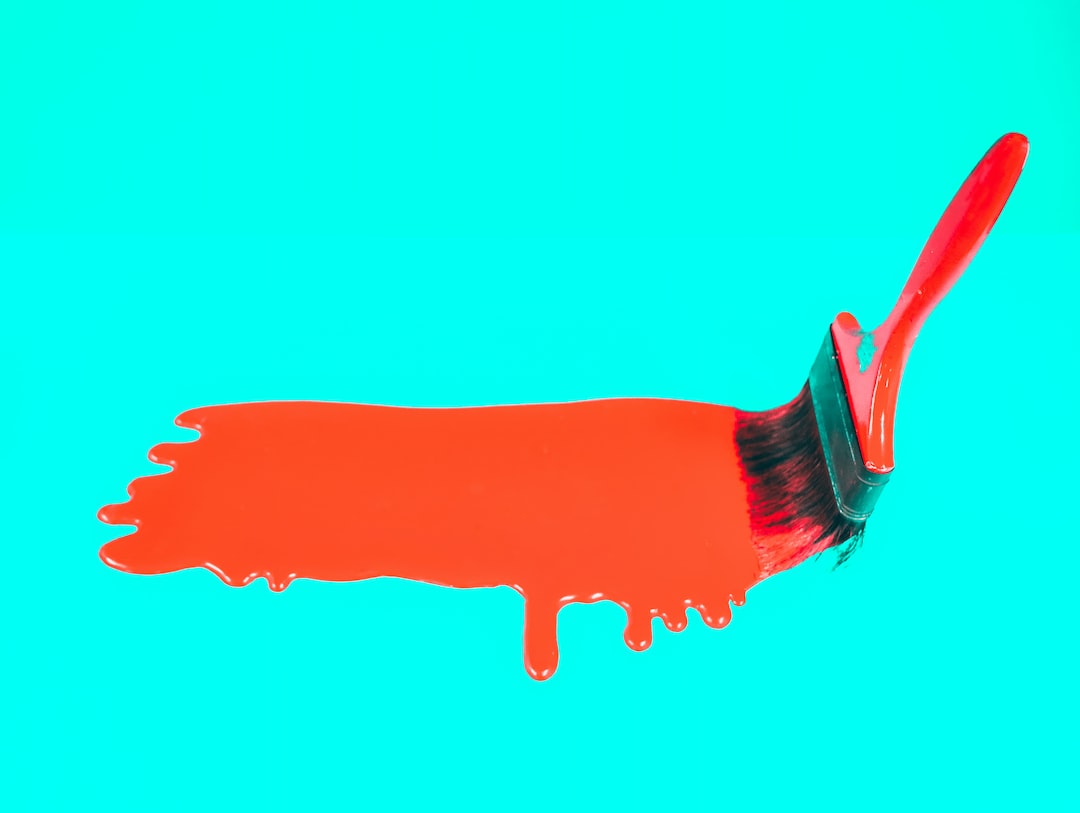Sports and Rehabilitation: How Sports Can Aid in Physical and Mental Recovery
When we think of sports, we often think of athleticism, competition, and physical fitness. However, sports also have healing properties that can aid in both physical and mental recovery. Whether it’s through physical therapy, recreational sports, or even professional athletics, engaging in sports can be a powerful tool in the rehabilitation process. In this blog post, we will explore the ways in which sports contribute to the recovery journey.
Physical Recovery
Sports offer a multitude of benefits when it comes to physical recovery. For individuals who have suffered from an injury, engaging in targeted sports activities can aid in strengthening muscles, increasing flexibility, and improving overall mobility. Physical therapy programs often utilize specific sports exercises to help patients regain strength and coordination, as well as to enhance joint stability and range of motion.
One such example is swimming. Swimming is a low-impact sport that is often recommended for individuals with joint or muscle injuries. The buoyancy of water reduces stress on the joints and muscles, allowing for a wider range of motion without causing further damage. This sport is also beneficial for patients recovering from surgeries, as it effectively works all major muscle groups and improves cardiovascular health.
In addition to physical benefits, engaging in sports can also have positive psychological effects on individuals recovering from injuries. Being part of a team or participating in individual sports can improve self-esteem and boost confidence. Seeing progress in physical performance and being able to compete in a sport can provide a sense of accomplishment and motivation to continue the recovery journey.
Mental Recovery
When it comes to mental health, sports can be a powerful aid in rehabilitation. Physical activity stimulates the release of endorphins, hormones that are known to improve mood and reduce stress. Engaging in sports can help alleviate anxiety and depression symptoms, making it a valuable tool for those recovering from mental health conditions.
Team sports, in particular, provide a sense of community and social interaction that can be crucial for mental well-being. Joining a sports team allows individuals to socialize, build friendships, and develop a support network. The camaraderie and shared goal of winning provide a sense of belonging, ultimately boosting self-esteem and reducing feelings of loneliness or isolation.
Beyond amateur or recreational sports, even professional athletes have found sports to be a catalyst in their mental and emotional recovery. Countless stories exist of athletes who have battled physical injuries or mental health challenges, emerging stronger and more resilient after their rehabilitation process. Not only does participating in sports during recovery provide a distraction from the pain or negativity, but it also allows athletes to regain a sense of purpose and identity.
Conclusion
Sports and rehabilitation go hand in hand, offering both physical and mental benefits. Engaging in sports activities can aid in physical recovery by improving muscle strength, increasing flexibility, and enhancing overall mobility. Additionally, sports contribute to mental recovery by reducing stress, boosting self-esteem, and providing a sense of community and purpose.
Whether it is through targeted physical therapy exercises, recreational activities, or professional athletics, sports can be a valuable tool for anyone on the path to recovery. It is important to note that safe and supervised participation is crucial to avoid further injury. Consulting with medical professionals and trained coaches or trainers is vital to ensure a successful and safe recovery journey through sports activities. So lace up your running shoes, grab your racket, or dive into the pool – the world of sports awaits, ready to assist in your recovery both physically and mentally.

